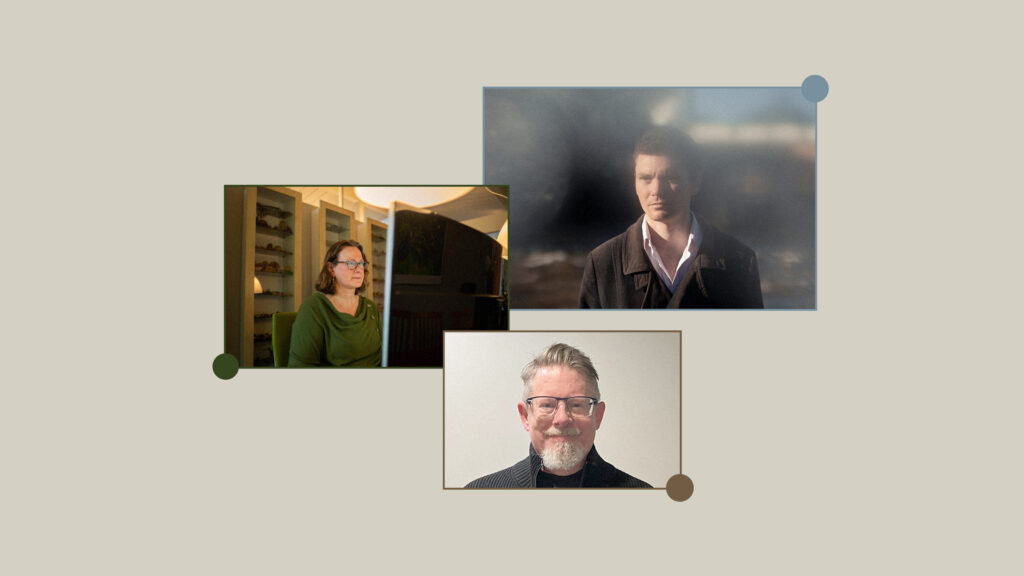Researchers like to say that science is self-correcting, that knowledge is slowly but surely refined by new findings that build on or debunk old ones. But this process is far from perfect and is hampered by sloppy experiments or, in some cases, faked results.
A small, tight-knit community of scientific sleuths has been unearthing growing evidence that many studies, including landmark papers published in top journals, contain manipulated images and falsified findings. These revelations have led to high-profile investigations, raised concerns about clinical trials, and culminated in the departure of university presidents.
advertisement
Their work — often posted on PubPeer, a website where users comment on published studies — has also forced a reckoning around how the crushing pressure to publish splashy results incentivizes fraud, a conversation research integrity experts say is both deeply uncomfortable and long overdue.
STAT+ Exclusive Story
Already have an account? Log in


This article is exclusive to STAT+ subscribers
Unlock this article — plus in-depth analysis, newsletters, premium events, and news alerts.
Already have an account? Log in
To read the rest of this story subscribe to STAT+.

